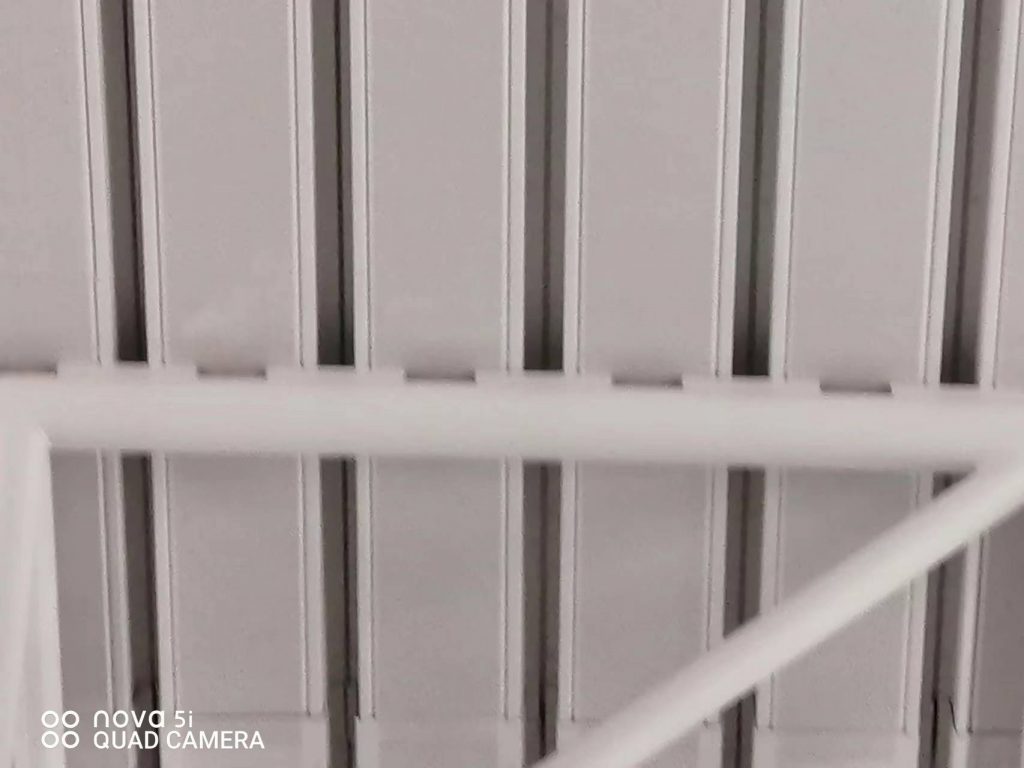Phone: 8613421351153
Which is better slab or steel decking
When it comes to constructing multi-floor structures, two popular options are slab or steel decking. Both approaches are effective and have different advantages, depending on the project and preferences of the architect and engineer. Understanding the differences between the two types of structures is key to making Choosing the right one for your building project.
Slab
A slab is flat and moderately thick concrete, usually laid on or tied to the structural beam.Slab construction is often used for homes and other commercial and residential buildings, as well as garages, patios, and other home additions. On top of offering support, concrete slabs are good thermal insulators and fire protection. Structural components, such as beams and columns, can be added to the slab to provide additional support.
Advantages of slabs
Slab construction is very cost-effective and requires minimal maintenance. Concrete slabs are resistant to corrosion and are generally considered very durable, and they can last for many years without any noticeable structural degradation. The flat, even surface of a slab is also ideal for laying down ceramic tile or another finished surface.Concrete is also known for its extreme durability and strength, and it is naturally fireproof.
Disadvantages of Slabs
On the negative side, concrete slabs tend to require more time and labor to install than steel decks. This is often due to the need for additional curing time, as well as the labor-intensive effort of pouring the slab and leveling it. Additionally, while concrete does have its natural fireproof qualities, it is prone to cracking and cracking can be difficult and expensive to repair. Finally, that added weight of a concrete slab may increase the foundation requirements, adding to the construction costs.
Steel Decking
Steel decking is a type of steel structure made from interconnected metal panels or sheets. Metal decks are most commonly used in multi-story buildings, both residential and commercial. The metal panels are attached to structural frames to create a solid surface on which to create the framework of the building. Steel decks are strong and durable, and can be customized to fit the particular needs of a project.
Advantages of Steel Decking
The primary advantages to utilizing steel in flooring and roofing systems relate to strength and rigidity. Steel decks offer an incredible amount of support and are capable of carrying extremely heavy loads without sustaining damage.Steel decking is easy to install and offers an even structure with no dips or bumps. It is light weight and takes up less space than a slab, allowing for more efficient use of the space within a building. It is also more resistant to corrosion than a slab, so it can be used in harsher climates.
Disadvantages of Steel Decking
On the downside, steel is a material that is prone to thermal expansion and contraction. This means that extreme temperature changes can affect the shape and rigidity of the steel, which can lead to structural damage over time. Additionally, steel decking is prone to area-specific buckling or sagging if the deck isn’t properly reinforced or spaced properly. Finally, due to its narrow strength-to-weight ratio, steel tends to be more expensive than concrete.In addition, the steel deck has weak fire resistance due to the temperature conduction effect of the steel itself, so it must be used with concrete or painted with refractory paint to achieve a certain fire resistance aging.
When To Use Slab and Steel Deck Structures
So, when should you opt for a slab or steel deck? Ultimately, the right decision depends on the scope of the project, the specific application, and the budget available.Generally speaking, slabs are suitable for projects with low budgets, tight construction schedules, and low load requirements for the entire building. You can choose slabs.
Steel decks, on the other hand, are better-suited for load-bearing applications such as large scale warehouses and industrial complexes. Additionally, they can be a great alternative for outdoor applications that could be subject to temperature fluctuations. Their lightweight nature also helps to reduce foundation costs, making them the more organized choice in those scenarios. Finally, steel decks are much quicker to install and offer a more cost-effective solution when insulation is necessary.

